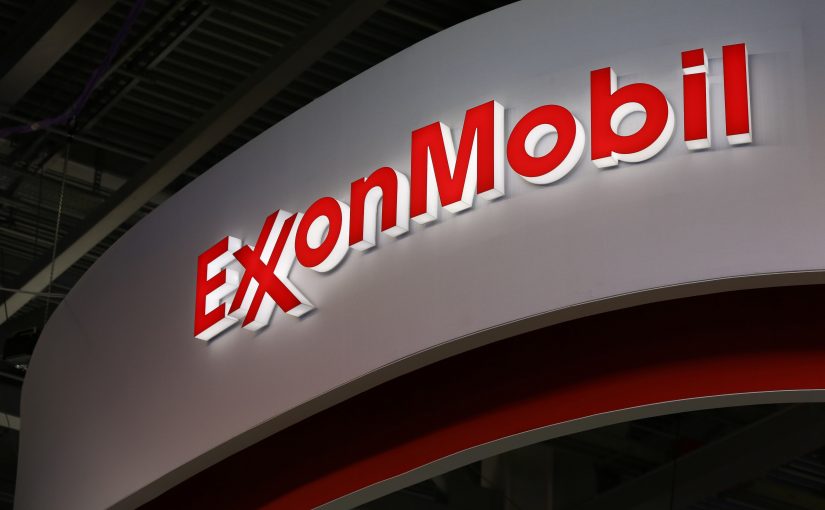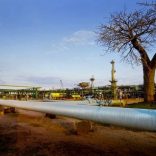Sasol expects profit rebound on higher chemical prices and lower impairment
ExxonMobil: Project diversity crucial in downturn, includes Area 4 off Mozambique

ExxonMobil sees diversification among projects as a key hedge against the uncertainty created by today’s low oil price environment, a top exploration executive said.
That is why the company has invested in increasing its position in the short-cycle Permian basin in the US state of Texas, the PNG LNG liquefied natural gas project in Papua New Guinea, and deep-water Area 4 off Mozambique, according to Steven Greenlee, president of the ExxonMobil Exploration & Production company.
Speaking in a panel at the World Petroleum Congress in Istanbul, Greenlee said ExxonMobil does not pretend to be smart enough to predict which types of projects – short-cycle, long-cycle or LNG – eventually emerge as top performers. Instead it aims to focus on a variety of projects that will perform well with low oil prices, but also offer an upside if prices go up.
“We’re trying to insulate ourselves,” Greenlee explained. That said, each different company will reach different conclusions about how best to handle the challenge.
While some deep-water projects are not as profitable as they once were, breakeven costs have become “much lower”, meaning those who aim to focus only on unconventionals “might want to reconsider”.
ExxonMobil’s vision also includes a role for top exploration projects and acreage. The company spudded its Payara-2 exploration well off the south American nation of Guyana two weeks ago, Greenlee confirmed.
This is the latest exploration test of the major discovery called Liza and surrounding accumulations that the supermajor believes could contain between 2 billion and 2.5 billion recoverable barrels of oil equivalent.
ExxonMobil last month took a final investment decision on the $4.4 billion first phase, to be produced with a 120,000 barrel-per-day floating production, storage and offloading unit.
Partnerships with key stakeholders are also crucial for the supermajor across its projects. “The cycles come and go, but the partners are there for the duration,” Greenlee said.
The sector’s uncertain future also exerts a cost in human capital, with recruiting routinely suffering during downturns, Greenlee said.
The company is trying “to hold on to the talented people that we have”, he said.
By Kathrine Schmidt













Leave a Reply
Be the First to Comment!
You must be logged in to post a comment.
You must be logged in to post a comment.